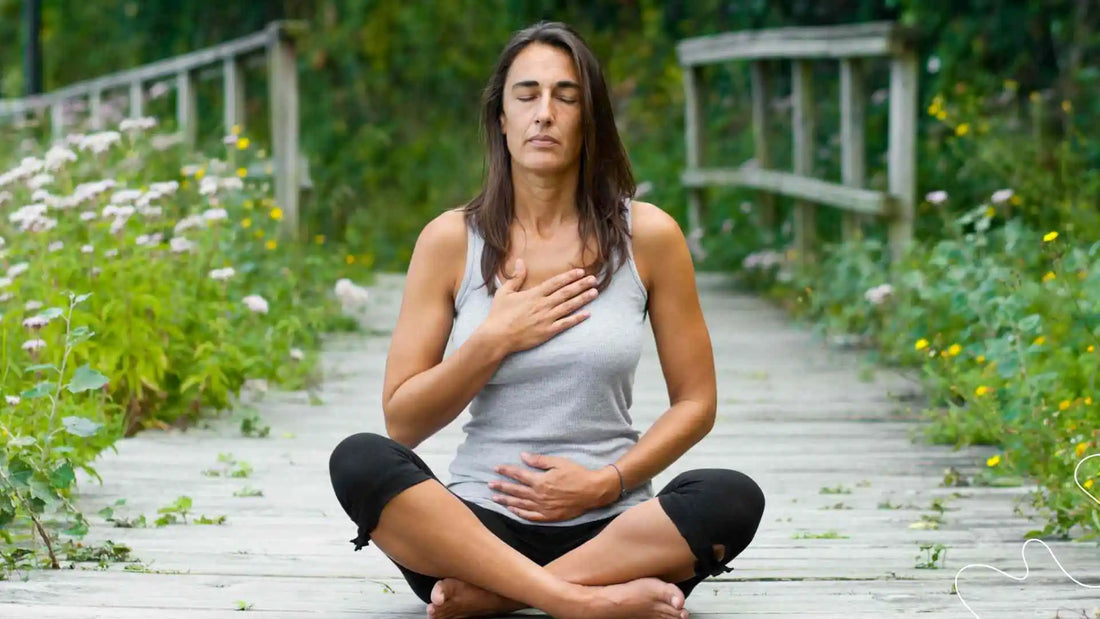
How to Improve Mental Health with Meditation Techniques
Compartir
Did you know that a minute of silence can change your entire day? Although it may seem simple, many people have discovered that stopping, breathing, and practicing meditation can profoundly improve their mental health . If you feel like your mind is racing, read on: this could help you find the emotional balance you so desperately need.
Why is taking care of mental health so important?
It's not just about avoiding illness. It's about being able to think clearly, feel good about yourself, and have the energy to face the day. When we neglect our minds, our bodies suffer as well: stress, insomnia, anxiety, or sadness appear for no apparent reason.
According to the World Health Organization (WHO), 1 in 8 people worldwide lives with some type of mental disorder. Therefore, learning to calm the mind is more urgent than ever.
How does meditation help improve mental health?
Meditation is a simple practice that involves paying attention to the present moment. It can be done sitting, lying down, or even walking. Its goal is to observe thoughts without judging them and always return to breathing.
Studies from Harvard Medical School have shown that daily meditation reduces activity in the amygdala (an area associated with fear and stress) and improves emotional regulation. This means less anxiety, greater calm, and greater concentration.
What is mindfulness and how do you practice it?
Mindfulness is a form of meditation that invites you to be 100% present in what you do. Eating, walking, or washing dishes become moments of connection if you do them mindfully. This type of practice helps slow down the mind, reduce stress, and find true emotional balance in everyday life.
Jon Kabat-Zinn, creator of the Mindfulness-Based Stress Reduction (MBSR) program, says:
"It's not about controlling your thoughts, it's about not letting them control you."
Basic meditation techniques to start today
You don't need to be an expert. Here are three easy exercises to get you started:
Conscious Breathing: Sit comfortably and focus on your breathing for 2 to 5 minutes.
Body scan: Mentally scan your body from head to toe, observing sensations without judgment.
Gratitude: Think of 3 good things from the day, no matter how small.
Practicing this daily strengthens your mind like a muscle, helping you achieve true emotional balance.
Conclusion
Mental health isn't self-care, but it doesn't require complicated formulas either. With just a few minutes a day of meditation or mindfulness , you can begin to transform your well-being from within. Breathe, pause, and give yourself this space. Your mind will thank you for it.

